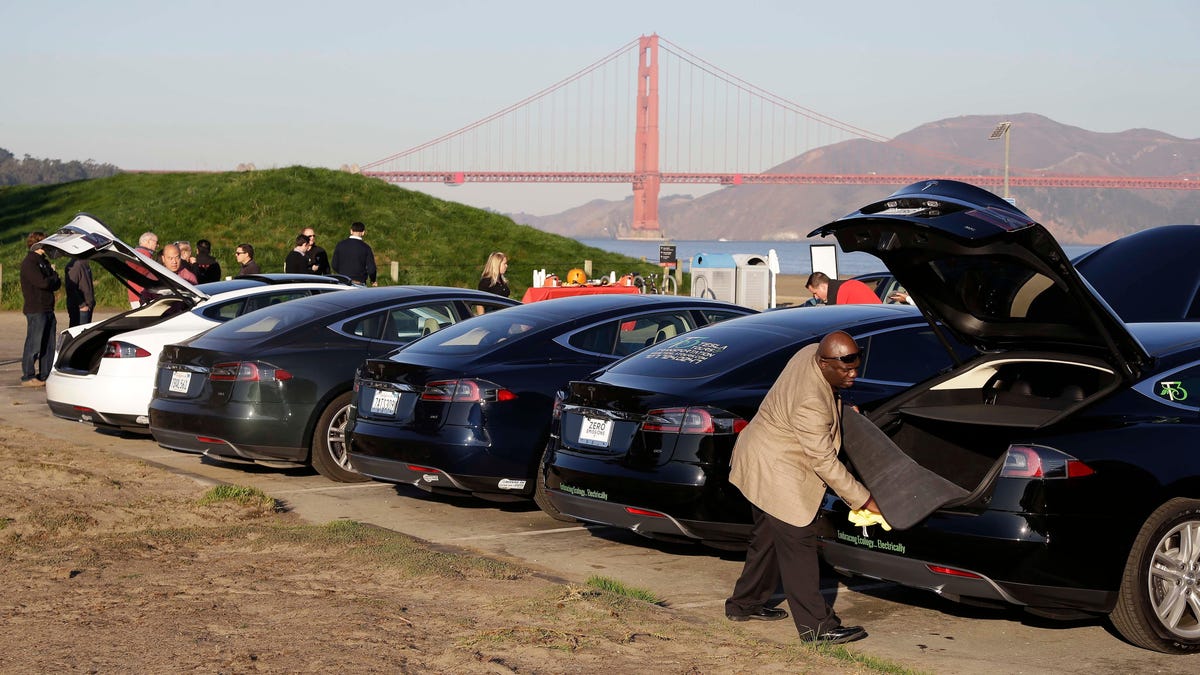Challenges in Electric Vehicle Adoption
In the United States, the adoption of electric vehicles (EVs) faces significant challenges, such as affordability and limited charging infrastructure. Despite efforts to promote EVs as a more environmentally friendly transportation option, skepticism remains regarding their overall impact. Critics question whether EVs truly contribute to a cleaner environment or if their production and operation have unintended consequences.
EV Adoption in the U.S.
EV adoption rates in the U.S. have been hindered by various factors, including high costs and limited driving range. The availability of charging stations also plays a crucial role in encouraging consumers to switch to EVs. While the federal government has announced plans to expand charging infrastructure across the country, progress has been slow.
Evidence of Environmental Benefits
Recent research conducted in California’s Bay Area provides localized evidence of the environmental benefits of EV adoption. A study published in the Environmental Science & Technology journal by the University of California – Berkeley revealed a 1.8% annual decrease in CO2 emissions between 2018 and 2022 in the Bay Area. This decline was attributed to the high adoption rate of EVs in the region, with electric vehicles accounting for a significant portion of new auto registrations.
The Bay Area has the highest EV adoption rate in the country: last year, electric cars, pickup trucks, and SUVs made up nearly 40% of new auto registrations in San Jose and 34% in San Francisco.
The study monitored both CO2 emissions and air pollution levels in the Bay Area, emphasizing the potential environmental benefits of transitioning to EVs. By utilizing a network of sensors, researchers were able to track emission sources and assess the impact of EVs on air quality.
Concerns and Environmental Impact
While the study highlights the positive effects of EV adoption on air quality, concerns remain regarding the overall environmental impact of electric vehicles. Heavy, high-performance EVs can accelerate the wear and tear of petroleum-based tires, leading to an increase in microplastic pollution. Additionally, the extraction of lithium for EV batteries raises environmental and ethical concerns, particularly in regions with limited regulatory oversight.
For example, in Indonesia, the demand for lithium has resulted in deforestation and habitat destruction, affecting local ecosystems and indigenous communities. The environmental costs associated with sourcing materials for EV batteries underscore the need for sustainable practices in the transition to electric transportation.
Image/Photo credit: source url





